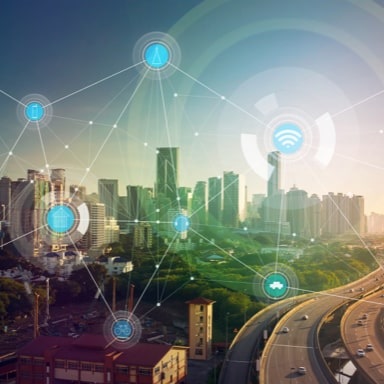
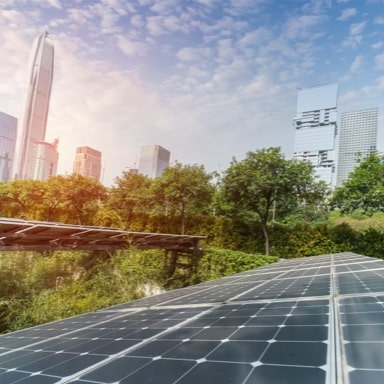
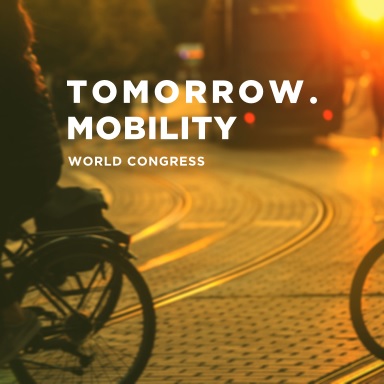

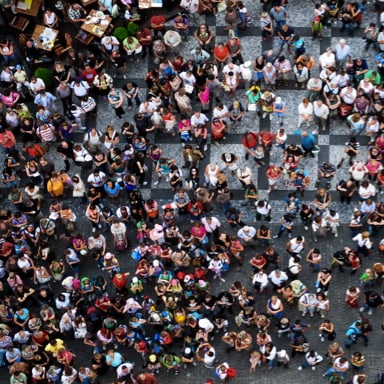

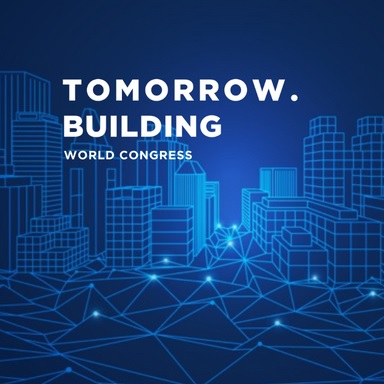
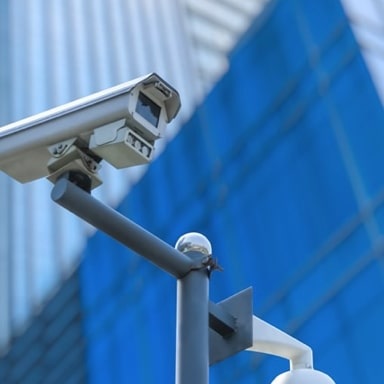
Enabling Technologies
ChatGPT — an easy-to-use AI chatbot that can deliver pretty correct answers upon request and within seconds — introduction on November 2022 will probably be remembered as a turning point in technology. Meanwhile, the promises of new levels of immersion and interactivity set by the metaverse offer cities new ways to look at the development of new infrastructure and services. As data strategic services continue leveraging data insights to inform design decisions and optimize user journeys, how can cities take advantage of these tech breakthroughs to improve citizen’s life? What are the drivers to deploy AI-enabled futures responsibly, with a focus on promoting human well-being and ethical principles?
Energy & Environment
With the world increasingly facing the effects of climate change and the energy crisis, innovative approaches to achieve climate breakthroughs and build more resilient cities are essential. In this sense, renewable powered cities ⎼ cities powered entirely by renewable energy sources such as solar, wind, and geothermal⎼, decarbonizing high-tech industries, and urban circularity emerge as critical components for achieving that goal. How can cities effectively implement these solutions to withstand the impacts of climate change and create a more sustainable future for all?
Mobility
Transportation is still the fastest-growing source of pollution globally, accounting for 23% share of global emissions in 2022, according to the International Energy Agency. What’s more, projections from different sources indicate an increase in emissions in the coming years, if no immediate adjustments are implemented. But trends such as multimodal networks boosting a more active way of moving around the city, and new models promoting zero-emission and connected and automated mobility, are on the rise. Local governments must, now more than ever, make sure to build our cities with a human-centric focus. Will cities apply inclusive policies toward a smooth transition to net-zero economies?
How can we leverage technology to improve urban mobility?
Governance
Public participation through social accountability tools and collaboration are essential for the development of effective urban agendas, as they can lead to greater public buy-in and better outcomes for the community. Digital technology has paved the way for participatory innovations in different territories, but sometimes their legitimacy is unclear. How can we create successful participatory governance? Is it possible to ensure that the decision-making processes are transparent, accessible, and responsive to the needs of all members of the community?
Living & Inclusion
As the world embraces a digital future, local leaders need to reassert and revisit community values to ensure they are the foundation of new plans, policies, and programs so that they prioritize inclusivity, equity, and diversity. How do we plan and develop cities that are first and foremost for people and their needs? How can we foster creativity and innovation to create urban environments that support the health, well-being, and prosperity of everyone who calls them home?
Economy
As the world is still dealing with the lingering effects of the pandemic, a new economic reality shaped by geopolitical tensions, rising inflation, and high-interest rates are striking citizens, resulting in an unusual level of uncertainty. To face this situation and forecasts that keep varying considerably, city leaders try to turn to new economic models which are sustainable and generate equitable growth. In addition to economic returns, how can these models also address key challenges that are crucial for people and the planet such as social justice and the conservation of resources?
Infrastructure & Building
The built environment is responsible for 40% of annual global CO2 emissions. As pressure to act towards climate neutrality increases, the construction and building renovation sectors are key. We must call for emission restrictions across its whole value chain and eliminate all CO2 emissions from the built environment by 2040.
What should urban planners, government leaders and developers consider to contribute to healthier, cleaner, efficient and resilient buildings, communities and cities?
Safety & Security
Cybersecurity-focused urbanism, which seeks to design cities that are prepared to avoid and tackle cyber threats, is becoming critical in these times of turmoil, attributed by many to more agile hackers and ransomware gangs. Cities must ensure that digital infrastructure and services are secure and trustworthy, while also guaranteeing public spaces so that they are not vulnerable to crime and violence. What are the measures to be taken to combine these two approaches? Safe public spaces by design can incorporate digital technologies that improve safety but care must be taken not to encroach excessively on citizens’ privacy. So, what is the best way of doing well by doing good?
